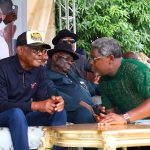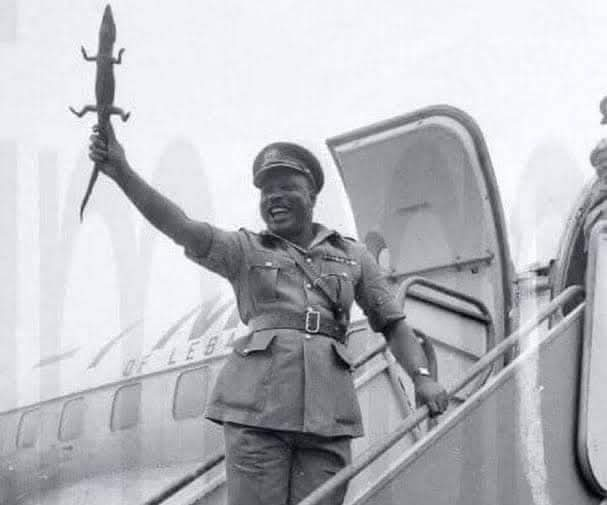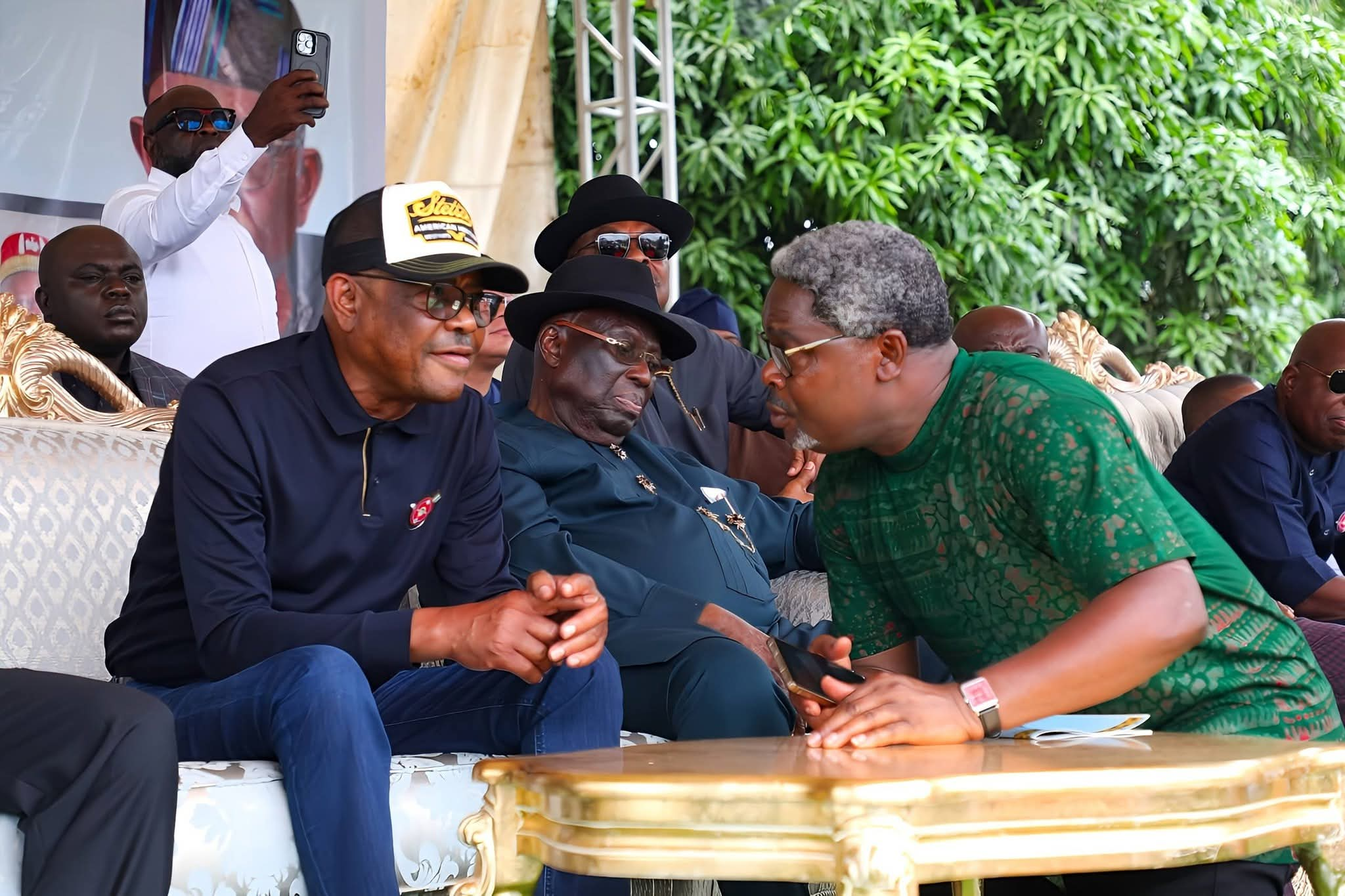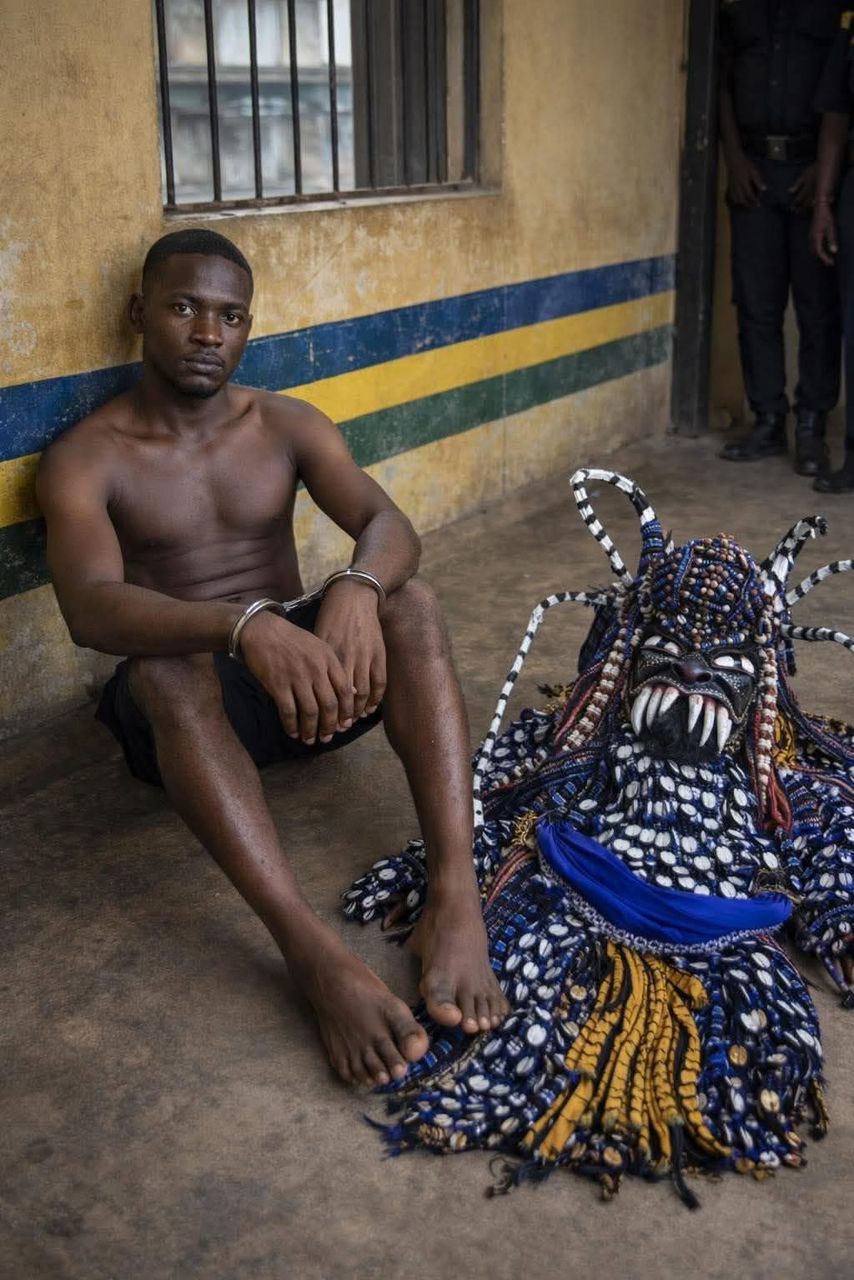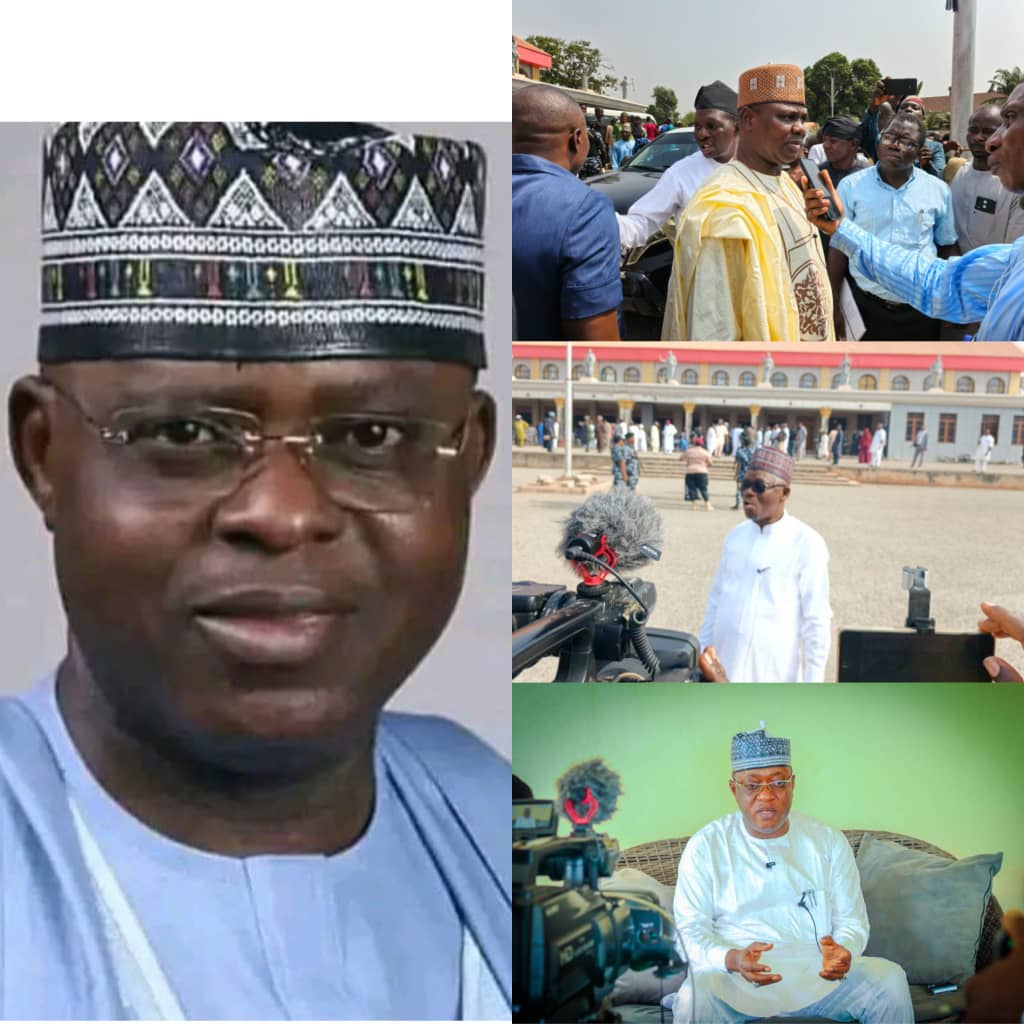1966 coup wasn’t initiated by an Igbo, but by Nigerians, Thomas Johnson Aguiyi-Ironsi, son of Maj. Gen. Johnson Aguiyi-Ironsi
By Yahaya Idris
Thomas Aguiyi-Ironsi, son of Maj. Gen. Johnson Aguiyi-Ironsi, has emphasized that the January 15, 1966 coup in Nigeria should not be labeled as an “Igbo coup.” He stresses that it was a national event carried out by Nigerians and cautions against ethnicizing it merely because some participants were Igbo.
His father, who became Nigeria’s first military head of state after the coup, was not involved in its planning and was instead invited to assume power to stabilize the situation.
The 1966 coup, led by young military officers including Major Kaduna Nzeogwu, was originally intended as a service to the country to rid it of corruption and mismanagement.
Although many of the coup plotters were Igbo, the coup’s aftermath unfortunately took on ethnic dimensions, especially in the perception of Northern and Western Nigerians, since many Northern and Western leaders were targeted while Igbo leaders were spared.
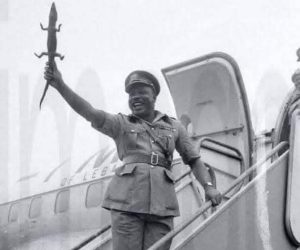
This perception fueled ethnic tensions and resentment, ultimately culminating in the July 1966 counter-coup in which General Aguiyi-Ironsi was overthrown and killed.
Despite popular narrative framing it as an “Igbo coup,” historical analyses and statements by figures such as Thomas Aguiyi-Ironsi and former military leaders like General Ibrahim Babangida argue that the coup’s objective was nationalistic, not ethnically motivated.
The tragic ethnic repercussions that followed were more a consequence of how events were perceived and exploited after the fact rather than the original intent or planning of the coup itself
Thomas Aguiyi-Ironsi recounts that before his father was killed in the counter-coup in Ibadan, General Ironsi himself instructed not to seek revenge, highlighting a desire to avoid further ethnic conflict and bloodshed.
Global Times Nigeria recalled Maj. Gen. Johnson Thomas Umunnakwe Aguiyi-Ironsi was a Nigerian military officer who became the first military head of state in Nigeria.
Born on March 3, 1924, he joined the Nigerian Regiment in 1942 and steadily rose through the ranks, attending officer training in England and becoming the first indigenous Nigerian to command the entire Nigerian Army by 1965.
Following a military coup on January 15, 1966, which resulted in the assassination of Nigeria’s Prime Minister and other leaders, Aguiyi-Ironsi, as the most senior military officer, assumed power on January 16, 1966, becoming the country’s first military dictator.
He suspended the constitution, dissolved federal and regional governments, and aimed to unify Nigeria under military rule.
His rule was marked by efforts to stabilize and unify the country, including the controversial “unification decree” which abolished the federal structure.
Aguiyi-Ironsi’s tenure was brief; he was assassinated on July 29, 1966, during a counter-coup led by a group of Northern military officers, which plunged Nigeria into further turmoil and shaped its political trajectory.
His military career included commanding Nigerian peacekeeping forces in Congo and contributing significantly to the integration of Nigerian officers into leadership roles previously dominated by the British.
Aguiyi-Ironsi remains a significant figure in Nigerian history as a pivotal leader during a period of political upheaval and military intervention in governance .
